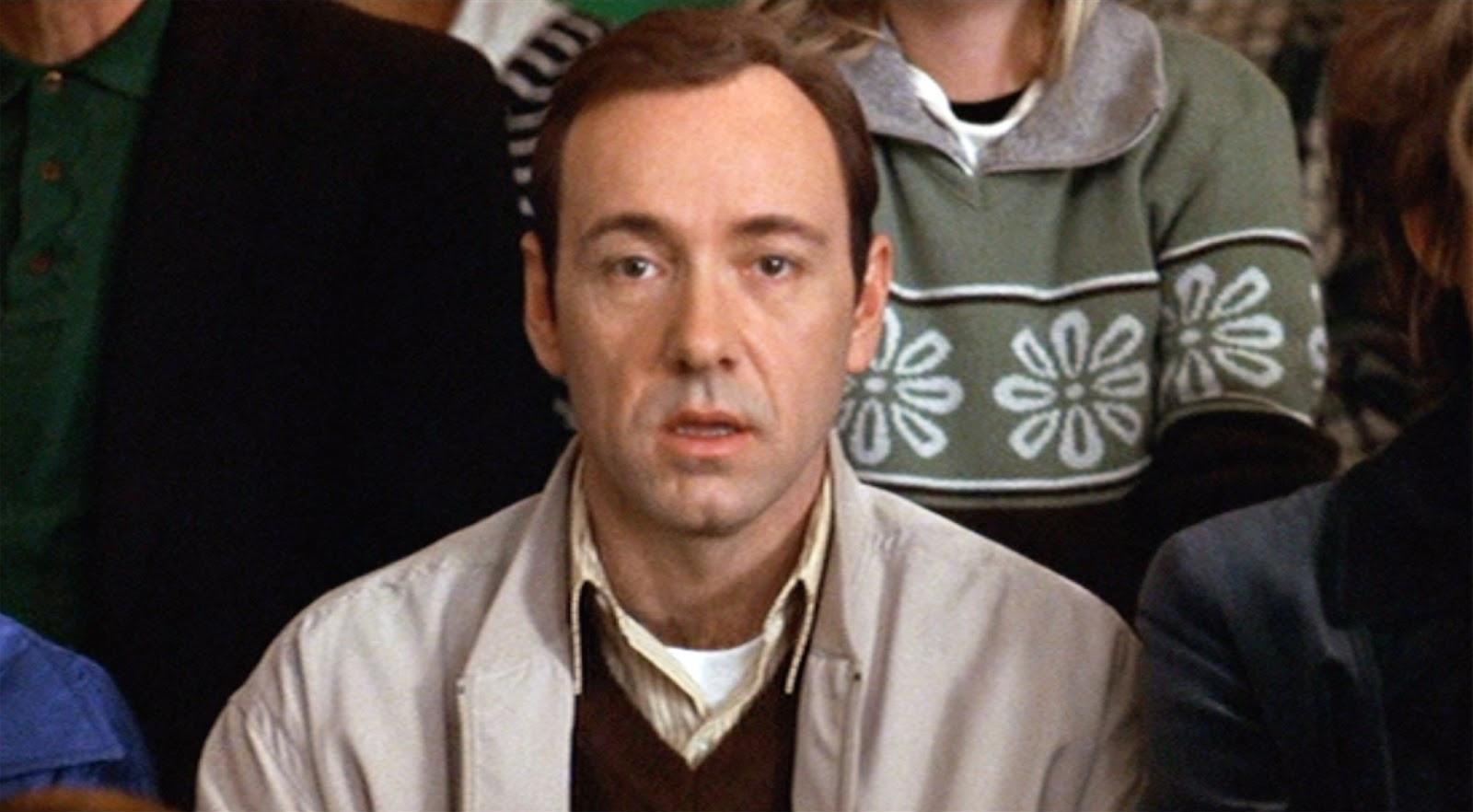The philosophy behind the mid-life crisis and how to avoid having one

The mid-life crisis is a curious phenomenon, a point at which many people feel that, despite having completed many of the things they set out to achieve in life and which they do really believe were worthwhile, they haven’t managed to assemble a sense of meaning from them and still feel an ontological emptiness.
In the latest episode of the excellent podcast Philosophy Bites (subscribe if you haven’t already), philosopher Kieran Setiya details his explanation for it, inspired by his own mid-life crisis.
His theory stems from 19th-century German philosopher Arthur Schopenhauer, whose “problem was really pretty simple: he thought that if you want things, you’re in a state of not having what you want and that is very painful, so maybe you should get rid of that. But if you don’t have desires, you’ll be aimless and you’ll have nothing to do and be in this state of terrible boredom. So you’re in a dilemma - either you’re totally bored or you have desires and want things and you have to endure the suffering of not having them."
While Setiya doesn’t think that Schopenhauer’s claim that being goal orientated always ultimately leads to pain is completely right, he does believe he was onto something with regards to mid-life crises.
“If you have a desire for a goal and your life is guided by it, that’s what’s giving meaning to your life, in a way by aiming to complete that goal, to finish that project, the effect of your success will be to eliminate that project from your life. It’s now done, and therefore eliminates that source of meaning from your life. So pursuing projects has this paradoxical, self-destructive quality whereby things that are giving purpose to your existence are the very things that, in pursuing which, you’re extinguishing, thereby destroying the purpose of your life."
Apply this theory to common anti-crisis of ageing tactics like the ‘bucket list’ and they’re seen to be not helpful but actually pretty damaging. Completing a list could be mortifying.
“It’s worse than that,” Setiya says, “because even before you complete it, the entire process all along is one of slowly eliminating, one by one, the sources of meaning from your life. So it’s not just where you’ll end up that seems bad it’s that what you’re doing right now is sort of antagonistic to the desire to have a meaningful life.
“At least one central form of mid-life crisis is the striving type A high achiever who’s precisely project driven and is, in pursuing these projects, which seem worthwhile and meaningful, one by one relentlessly emptying their life of all of its sources of meaning. Yes, they’ll acquire more, they’ll come up with new projects, but that doesn’t really help the fact that their way of engaging with value in the world is a destructive way of engaging with value in the world."
Living in a social media age where everyone is fixated on accruing achievements and showing them off, we seem fated to experience mid-life crises, so what can be done? Is there a solution to it?
“I think there is a solution”, Setiya says, “we can start to get a handle on the way out by drawing a distinction among activities in life, between the ones that are - this is terminology adapted from linguists - we can distinguish between telic activities, which are ones that have a definite endpoint at which they’re aimed, at which they’re completed, like walking home or conducting this interview, which is done when the interview’s over or when I get home, and atelic activities, which are things you can do but don’t have a terminal endpoint at which they’re completed, like chatting to philosophers or going for walks.
“The problem arises from being excessively focused on and invested in telic activities and the solution, I think, is to reorientate oneself to become more fully invested in atelic activities - then you won’t have this sense that what you want is at a distance from where you are now because one of the features of atelic activities is they don’t have an endpoint that you’re aiming at in the future, they’re realised in the present as much as they can ever be realised … so they won’t inspire this sense that their capacity to give meaning to one's life will be extinguished.”
It’s not a foolproof solution, as a desire to write great literature might ultimately be just as unfulfilling as a desire to have completed 10 great novels, but for those yet to reach middle age, it’s easy to see how putting less pressure on oneself to achieve specific dreams could help with your mental health further down the line.
You can listen to the podcast interview in full here.
Join our commenting forum
Join thought-provoking conversations, follow other Independent readers and see their replies
Comments
Bookmark popover
Removed from bookmarks